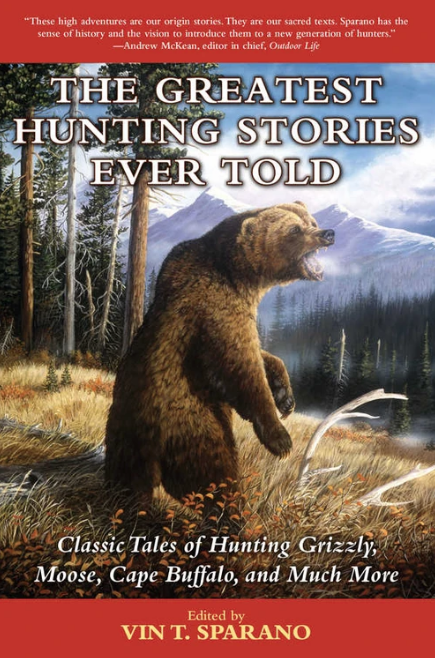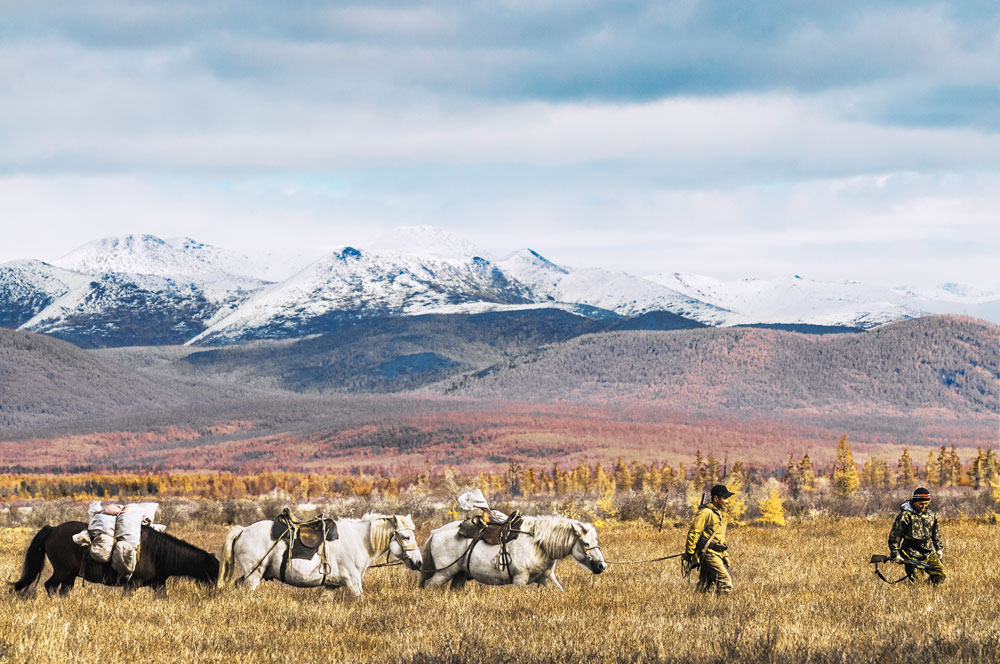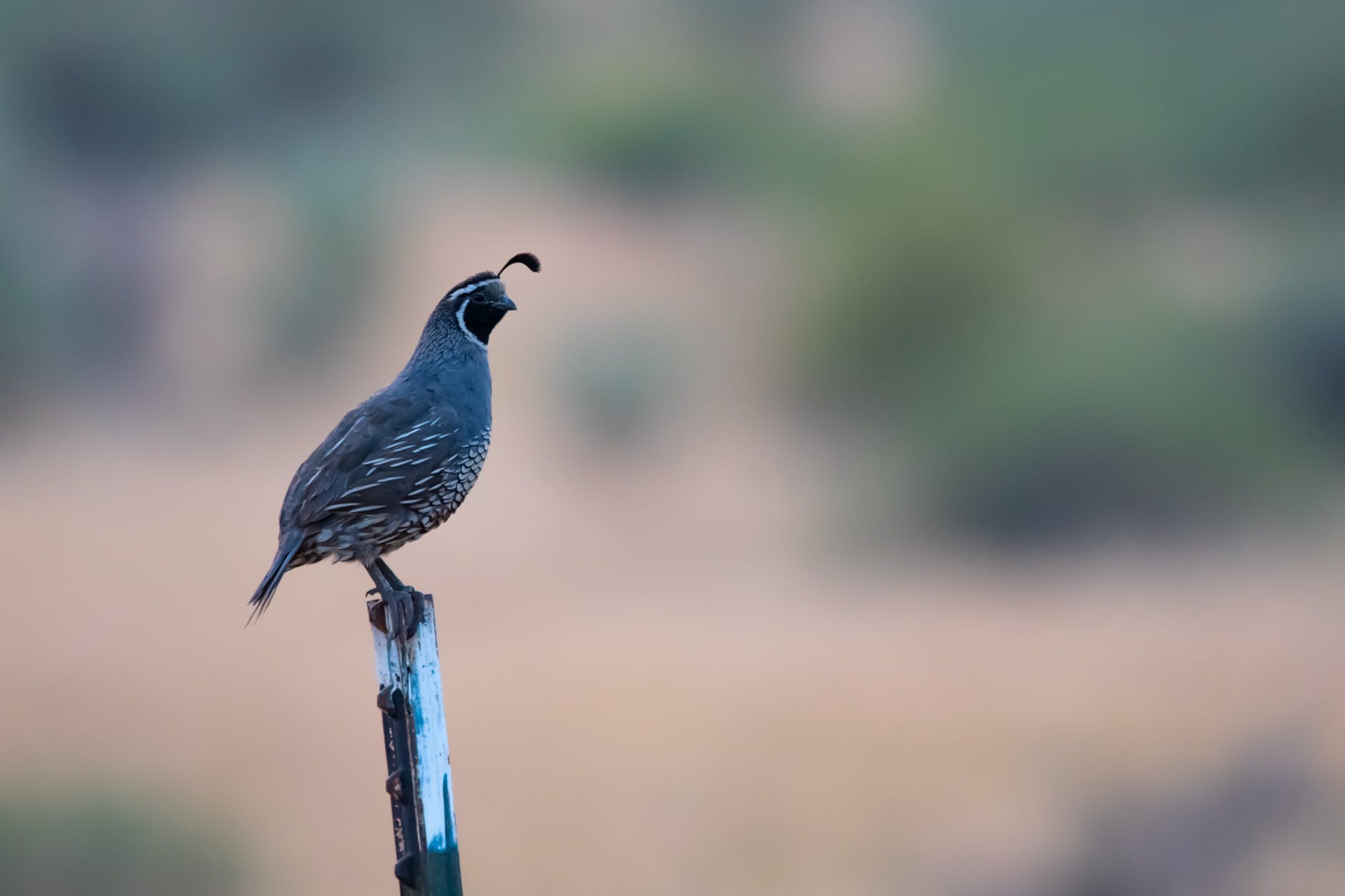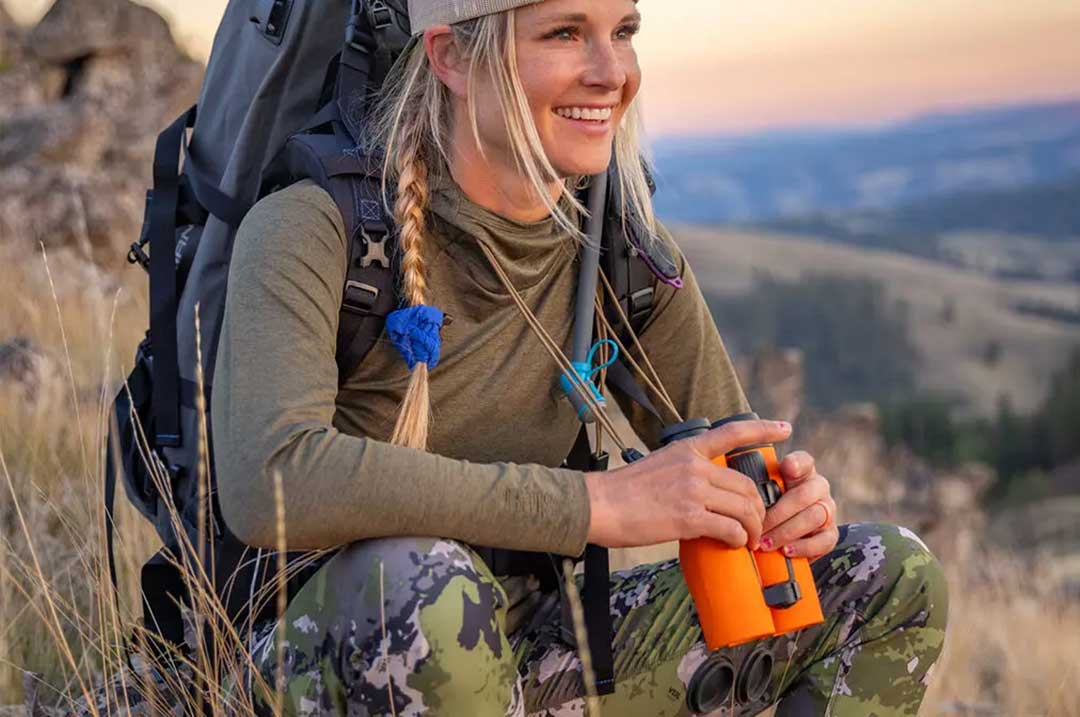The ethical aspects of hunting leave out so much of the romance of the pursuit. Thankfully, these quotes perfectly capture the need to be amid nature.
“One of the principal advantages of hunting, my dear readers, consists in its forcing you to be constantly moving from place to place, which is highly agreeable for a man of leisure.”
— Ivan Turgenev, A Hunter’s Sketches, 1852
“Without his meaning to, the hunter’s soul leaps out, spreads out over the hunting ground like a net, anchored here and there with the fingernails of his attention. Now everything is imminent, and at any instant any figure of the countryside can become—as if by magic—the hunter’s prey.”
— José Ortega y Gasset, Meditations on Hunting, 1942
“A goose represents the rebel in all of us, and because they’re wild and free they have a certain quality that shines out and makes us wish that we were not bound to labor in life, but rather that we could drift as they do with the seasons.”
— Paul S. Bernsen, The North American Waterfowler, 1972
“Each time we go afield, we’re confirmed in our belief that this is where we rightly belong, pounding these hills or wading that swamp, shivering in the cold, rustling confines of the blind, pushing through the thorns or pausing to catch our breath on the windswept hilltop, watching the indefatigable dog seek out the truths or falsities of the next thick cover.”
— Robert F. Jones, Dancers in the Sunset Sky, 1966
“Any woman who does not thoroughly enjoy tramping across the country on a clear, frosty morning with a good gun and a pair of dogs does not know how to enjoy life.”
— Annie Oakley, 1895
“I wanted to see the cleaving flight of feathered migrators splitting the wind before me. I wanted to behold the suddenly tightening grip of the winter upon my beloved lakes and marshes—watch the country say its last goodbye to warm wind and drowsy rain before the white blanket of another season gently covered every dry stalk and patient pine. The day was one for moods. The sun was somewhere behind the black, woolly mass overhead. it struck me as I watched the stingy daylight grow that it is not all of duck hunting to hunt ducks.”
— Gordon MacQuarrie, More Stories of the Old Duck Hunters, 1983
“Hunting is not incompatible with the deepest and most genuine love of nature. Audubon was something of a hunter; so was the famous Bachman; so were both John Muir and John Burroughs. It has always seemed to me that any man is a better man for being a hunter. This sport confers a certain constant alertness and develops a certain ruggedness of character that, in these days of too much civilization, is refreshing; moreover, it allies us to the pioneer past. In a deep sense, this great land of ours was won for us by hunters.”
— Archibald Rutledge, An American Hunter, 1937
“Hunters cannot live life totally on purpose. We must live some of it accidentally, honing our skills on the scars of our mistakes. To grasp the adventure, we must also embrace a little danger, accept certain risks. Rockslides, slippery stream crossings, tangle-footed horses, hypothermia, getting lost. Meeting these challenges and overcoming them, reveling in the adventure, makes us hunters, makes us strong.”
— Bill Sansom, “The Lessons Best Learned,” Bugle magazine, March/April 1999
“The farmer attends only to what is good or bad for the growth of his grain . . . the rest remains outside his vision and, in consequence, he remains outside the completeness that is the countryside. The tourist sees broadly the great spaces, but his gaze glides, it seizes nothing, it does not perceive the role of each ingredient in the dynamic architecture of the countryside. Only the hunter, imitating the perpetual alertness of the wild animal, sees everything . . .”
— José Ortega y Gasset, Meditations on Hunting, 1942
“Hunts differ in flavor, but the reasons are subtle. The sweetest hunts are stolen. To steal a hunt, either go far into the wilderness where no one has been, or else find some undisturbed place under everybody’s nose.”
— Aldo Leopold, A Sand County Almanac, 1949
“It is humorous to think that a sane businessman will forsake his means of livelihood for a week or more, drive any distance up to five hundred miles, buy a nonresident license, chase a bird dog up hill and down dale for a period of days through storm and shine, will swelter, sweat, and swear, yet if he is so fortunate as to bag a half-dozen grouse will drive the long way home with sparkling eyes and glowing cheeks, vowing that he has had the happiest experience of his life.”
— Burton L. Spiller, Grouse Feathers, 1947
“It is not about guns, and it is not about killing. It is about freedom and unfenced lands and skies where birds that have never been fed by people in city parks migrate by the light of the moon and in the teeth of storms.
— Ed Dvorak, Jr., Gray’s Sporting Journal, September 1997
“Our importance as hunters lies in the fact that we as individuals, without affiliations to anything or anyone other than the sport, witness and assess the condition of the game and habitat in this country. Our credentials are that we are out there, in nature, when others are not, and that we are out there because we want to be, not because we have to or are paid to be. Our eyes solicit the traceries of spoors on the earth and birds in the sky; our spirits are conscious of ravens and long for the restitution of wolves and bears to the land. We are the wildlife thermometers, poking about in rivers and swamps, in the shadows of forest canopies, under the ashes of desert suns, and the force that drives us is our soul.
— Guy de la Valdene, For a Handful of Feathers, 1995
“Some people ask why men go hunting. They must be the kind of people who seldom get far from highways. What do they know of the tryst a hunting man keeps with the wind and the trees and the sky. Hunting? The means are greater than the end, and every deer hunter knows it.”
— Gordon MacQuarrie, Stories of the Old Duck Hunters, 1967
“The deer hunter habitually watches the next bend; the duck hunter watches the skyline; the bird hunter watches the dog; the non-hunter does not watch.”
— Aldo Leopold, A Sand County Almanac, 1949
“The way of the hunter is, then, the way finally of passion, a passion that is every bit as old as those hills it carries us through and into our home in the game fields filled with real life.”
— Thomas McIntyre, The Way of the Hunter, 1988
 Now, for the forty million Americans who hunt, here is the perfect companion. The Greatest Hunting Stories Ever Told is a collection of true hunting tales, told by some of the most courageous and clever sportsmen. The quest for adventure has touched all these writers, who convey the drama, tension, stamina, and sheer thrill of tracking down game.
Now, for the forty million Americans who hunt, here is the perfect companion. The Greatest Hunting Stories Ever Told is a collection of true hunting tales, told by some of the most courageous and clever sportsmen. The quest for adventure has touched all these writers, who convey the drama, tension, stamina, and sheer thrill of tracking down game.
Included here are the experiences of Teddy Roosevelt in “The Wilderness Hunter,” of Jack O’Connor in “The Leopard,” of J. C. Rickhoff in “Wounded Lion in Kenya,” of Frank C. Hibben in “The Last Stand of a Wily Jaguar,” and of John “Pondoro” Taylor in “Buffalo,” among others.
Collected by a lifelong devotee of hunting literature, the stories here are classics. In more than two dozen selections, the true experiences of hunting a variety of animals are relayed by the most reliable eyewitnesses: the hunters themselves. A must for all hunters and armchair adventurers, The Greatest Hunting Stories Ever Told is a real trophy. Buy Now




